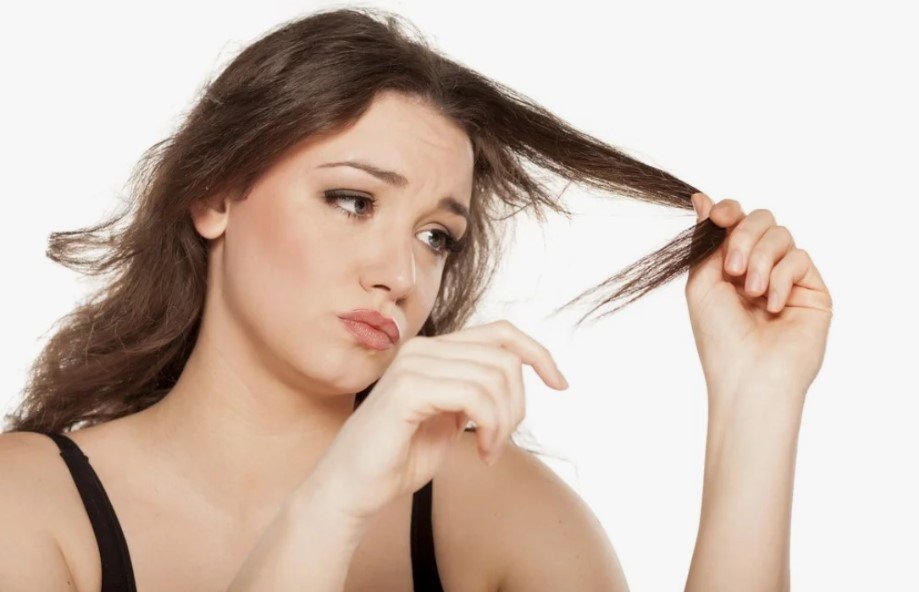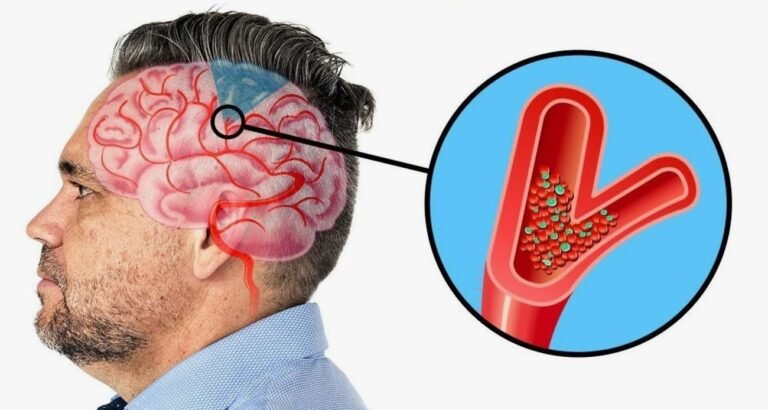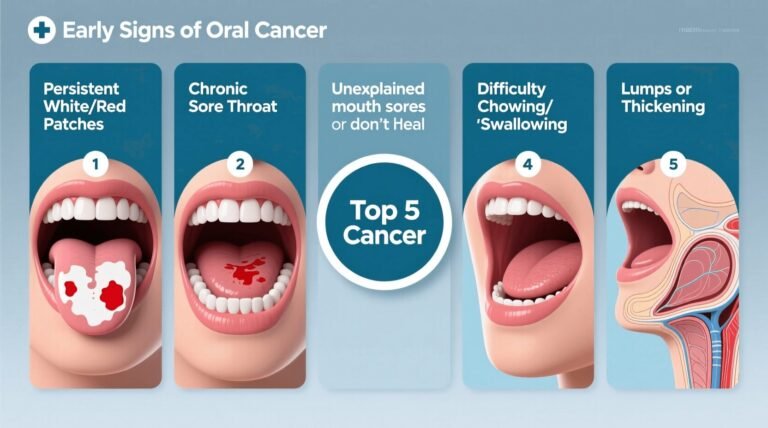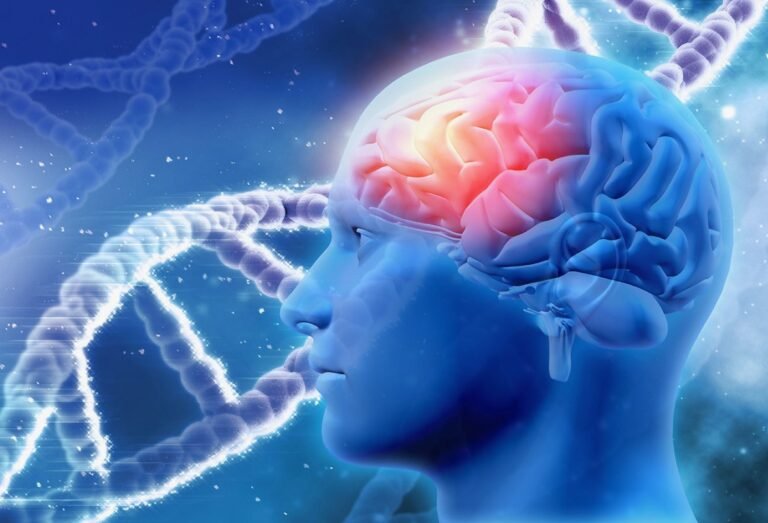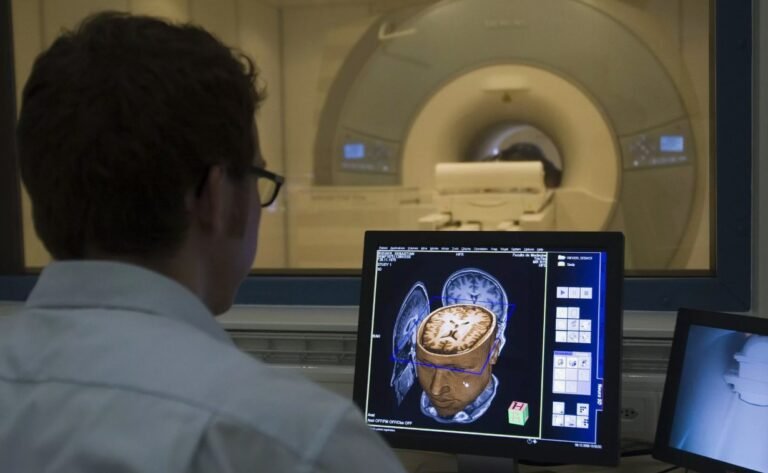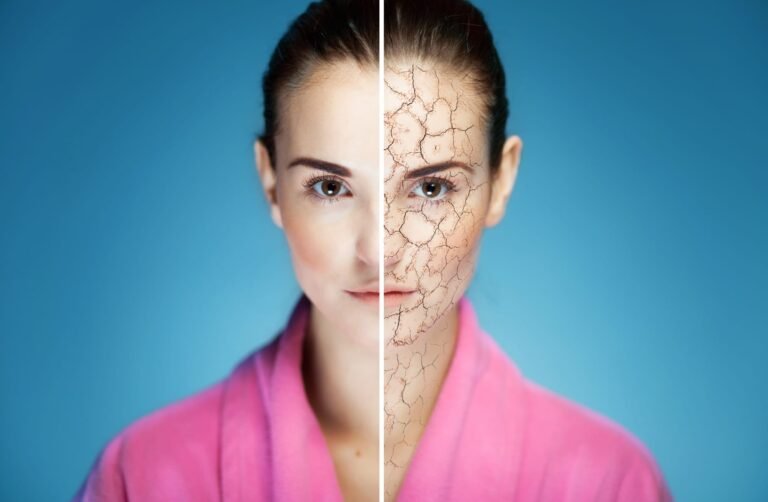Secrets of Hair Loss in Women: Hidden Useful Reasons
Hair loss is a prevalent issue in women, yet it also affects men. This article describes the main reasons for hair loss in women, what experts say, and what care should be taken.
Types of Hair Loss
Normal hair loss:
Hair loss is a daily routine ranging from 60 to 100 sheds daily. This is a regular hair fall. There is a cycle in which hair goes through: growth (anagen), rest (telogen), and shedding (exogen). After that, hair is replaced with new hair, which is also beneficial as stains and rough hair are replaced with new smooth hair.
Abnormal hair loss:
Abnormal hair loss occurs when hair sheds more than 100 per day or thinning, baldness occurs, or roughness is abnormal hair. This may be due to different factors, including stress, medications, diabetes, pregnancy, and menopause.
Can Diabetes Cause Hair Loss in Women?
Diabetes can cause hair loss, but some factors include hair loss in women due to diabetes. These include:
Poor circulation
Due to diabetes, blood vessels weaken, and less blood supply reaches hair follicles. Less oxygen and nutrients are supplied to the hair, which causes increased hair loss.
Hormonal Imbalance
Diabetes causes hormonal imbalances, especially insulin, which disrupts the hair growth cycle. This causes more hair to go into the resting phase and fall down.
Autoimmune conditions
Diabetic patients have low immunity and are more prone to autoimmune conditions like alopecia aerate, which ultimately rise to hair loss conditions.
Relationships between Hair loss and other Conditions
Hair loss and Pregnancy
There is a relation between hair loss and pregnancy. During pregnancy, estrogen levels increase; this prolongs the hair growth phase. After childbirth, when estrogen levels drop, women face the postpartum hair fall. This is temporary, and after 6 to 12 months, the hair growth occurs.
Hair loss and Diet
Diet is the major cause of hair loss. According to Trichology’s Anabel Kingsley, a specialist in hair health, advice about a nutrient-rich diet and supplements, such as biotin, iron, and amino acids, is recommended for hair health.
Hair loss and age
As women age, hair loss is more common due to hormonal changes and menopause. A condition called female pattern hair loss usually occurs in aged women due to a decrease in estrogen levels, and hair becomes thinner. Age also reduces the body’s ability to absorb nutrients and oxygen to the hair follicles.
Hair loss and Hair Products
Certain hair products and treatments cause hair loss. Cheap beauty parlor products like dyes, sprays, and relaxers weaken hair follicles.
Hair loss and Hairstyles
Hairstyles weaken hair and make it thinner. Tight ponytails, braids, hair extensions, and puffs cause hair damage.
Hair Loss and Stress
Stress is the most common cause of hair loss today. Experts pay attention to hair loss caused by stress. Dr Shani Francis said that stress is the leading cause of hair loss.
Hair loss in transgender, Non binary people
- Androgenetic alopecia (pattern baldness) can affect anyone. Maintaining your desired appearance might be challenging if you experience these hair changes, particularly if you identify as non-binary or transgender (i.e., not totally male or female). Change the area where your hair grows (or doesn’t grow) to correspond with your gender identity.
- Hormone replacement therapy can alter hair growth on the entire body. Within a year of starting masculinizing hormone therapy (taking testosterone), hair loss may result, and the consequences cannot be reversed.
- Some users of feminizing hormones, such as estrogen or antiandrogens, report seeing hair grow on their scalps; nevertheless, the growth may not be noticeable, necessitating additional hair loss therapies. The loss of scalp hair may decrease in one to three months.
Medications Involve in Hair Loss.
Several medicines are involved in hair loss, like
- Chemotherapy
- Blood thinners( warfarin and heparin)
- Beta-blockers (metoprolol, propranolol) can cause hair thinning
- Antidepressants (SSRIs like fluoxetine and sertraline)
- Retinoid vitamin A derivatives (used in acne treatment)
- Hormonal drugs include birth control pills and hormones.
Should We Go to Our Doctor About it?
Yes, we should go to our doctor about hair loss problems and consult them. We should tell them details about:
- Thinning and increase shedding of hairs for more than three months
- Using current medicines that affect hairs
- Products used on hairs
- If you have any disease
- Any symptoms appear like itching, redness, scalp pain, etc.
Seeing a doctor early helps identify the cause and allows for more effective treatment.
Signs and Symptoms
Signs and symptoms appear differently depending on the cause. Some common signs and symptoms are as follows:
- Gradual Thinning
- Redness, Itching
- Scalp Pain
- Patchy Bald Spots
- Sudden Loosening of Hair
- Receding Hair line thinning All Over
- Full-Body Hair Loss
Diagnosis and Test
A doctor may do the following tests to diagnose hair loss:
- First, the doctor physically examines the scalp to determine the pattern of hair loss.
- Secondly, a Scalp Biopsy is performed, which involves a small piece of scalp tissue to examine hair follicles.
- Blood Test is also monitored to detect underlying conditions like iron deficiency, hormonal imbalance, and thyroid issues.
What types of Treatments are Available?
Different types of treatments are available depending upon hair conditions and rate of hair loss. Some treatments are described below:
- Hair transplant surgery
- For women and men, hair transplant surgery can treat irreversible hair loss.
- Laser Therapy
- In the advanced era, laser therapy has gained popularity for treating hair loss problems. This technique involves laser light to stimulate hair follicles and promote growth.
- Maintain Lifestyle
- Hair problems can be treated by maintaining a healthy lifestyle. A nutrient-rich diet, minerals, and vitamins should be used. Maintaining stress, exercise, and proper sleep can reduce hair loss.
- Oral Medications
- Oral medications like spironolactone, which blocks androgen, can be used for hormone-related hair loss.
Conclusion
Hair loss is a complex problem for men and women, but it can be treated with proper care and medications. The important thing is to identify the cause, and then treatment should be taken. This article is best to answer questions like “Reasons for hair loss in women,” “Can diabetes cause hair loss in women,” and “Can hormones cause hair loss in women.” Consulting with a doctor and following the right direction can minimize hair loss problems.

